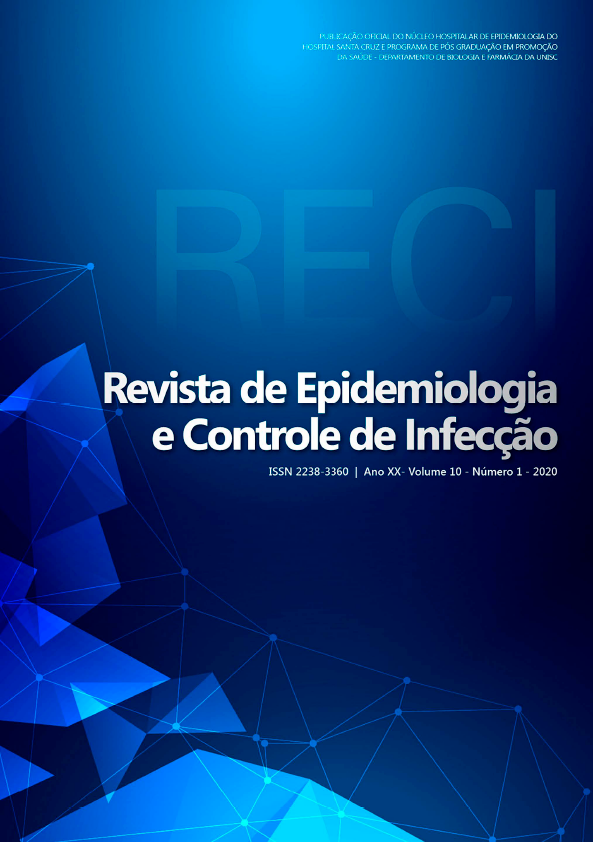Influence of stress factors on the vital signs of neonates under intensive care
DOI:
https://doi.org/10.17058/.v1i1.13449Palavras-chave:
Hospitalization, Neonatal Intensive Care Unit, Physiological Stress, Neonate, Physiotherapy.Resumo
Background and Objectives: Maintenance of regular development and maturation of the Central Neural System of neonates in the first year of life, associated to the environmental conditions in which they are inserted, justifies the scientific relevance of this research. Our objective is to describe the influence of stress factors on hospitalized neonates in the Neonatal Intensive Care Unit of a teaching hospital. Methods: Cross-sectional study with convenience sampling. The participants were observed in moments that were identified as being of highest and lowest exposition to stress factors, thus sound pressure, illuminance, quantity of procedures, presence of pain, and the indicators of vital signs expressed by the patients’ monitors were registered. Results: Thirteen neonates, predominantly moderate premature babies of low weight, of c-section birth, average age of 8.0 ± 5.9 days, mostly female and breathing room air, were evaluated. We noted that stress factors produced significant increase of the heart rate (sound pressure: p=0.001, illuminance: p<0.001, procedures: p=0.022), occurring the same with the respiratory rate (sound pressure: p<0.001, illuminance: p=0.022, procedures: p<0.001) and score obtained in the Neonatal Pain Evaluation Scale (sound pressure: p=0.001, illuminance: p=0.016, procedures: p<0.003), besides the reduction of peripheral oxygen saturation (sound pressure: p=0.011, illuminance: p=0.024, procedures: p<0.016), when comparing the periods of highest and lowest exposition. Conclusion: Our findings demonstrate the negative impact of environmental factors and its influence on the vital signs of hospitalized neonates.Downloads
Downloads
Publicado
Como Citar
Edição
Seção
Licença
The author must state that the paper is original (has not been published previously), not infringing any copyright or other ownership right involving third parties. Once the paper is submitted, the Journal reserves the right to make normative changes, such as spelling and grammar, in order to maintain the language standard, but respecting the author’s style. The published papers become ownership of RECI, considering that all the opinions expressed by the authors are their responsibility. Because we are an open access journal, we allow free use of articles in educational and scientific applications provided the source is cited under the Creative Commons CC-BY license.


